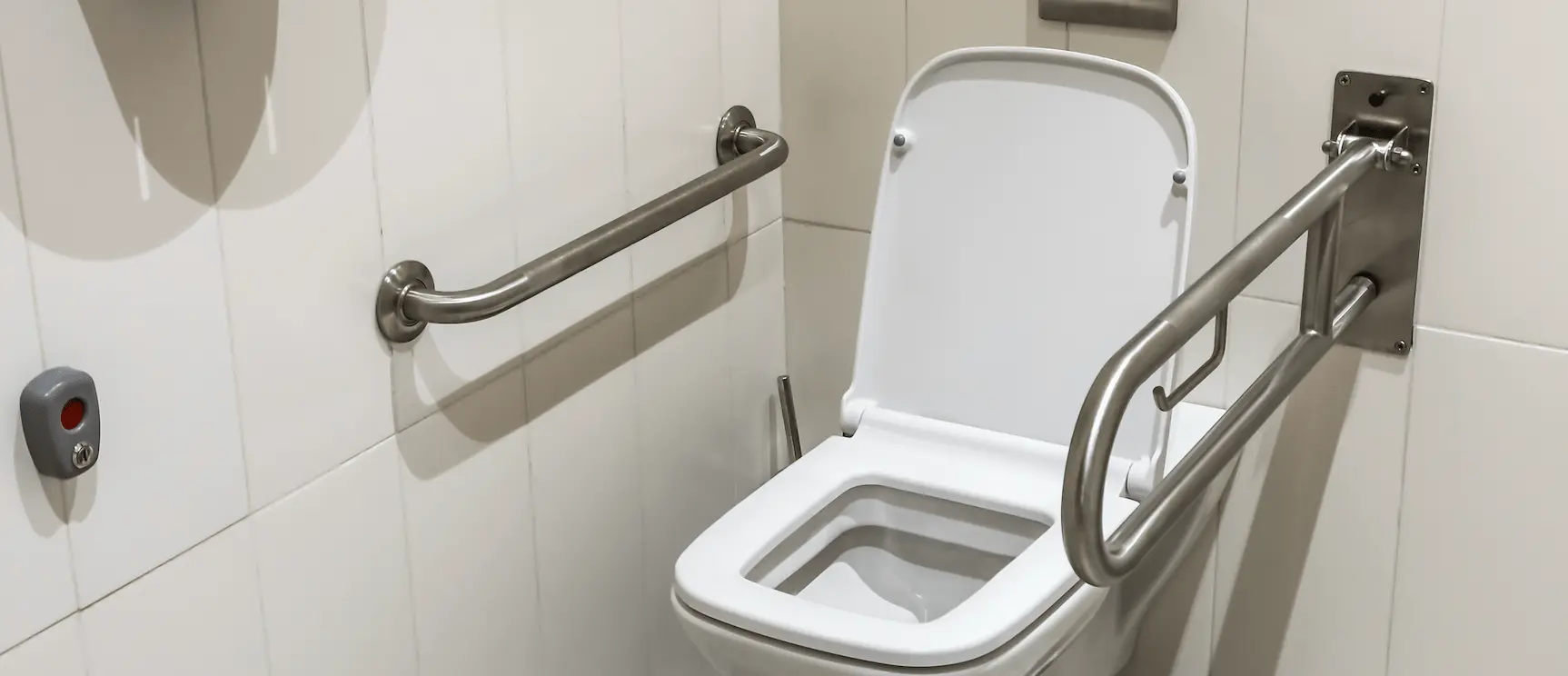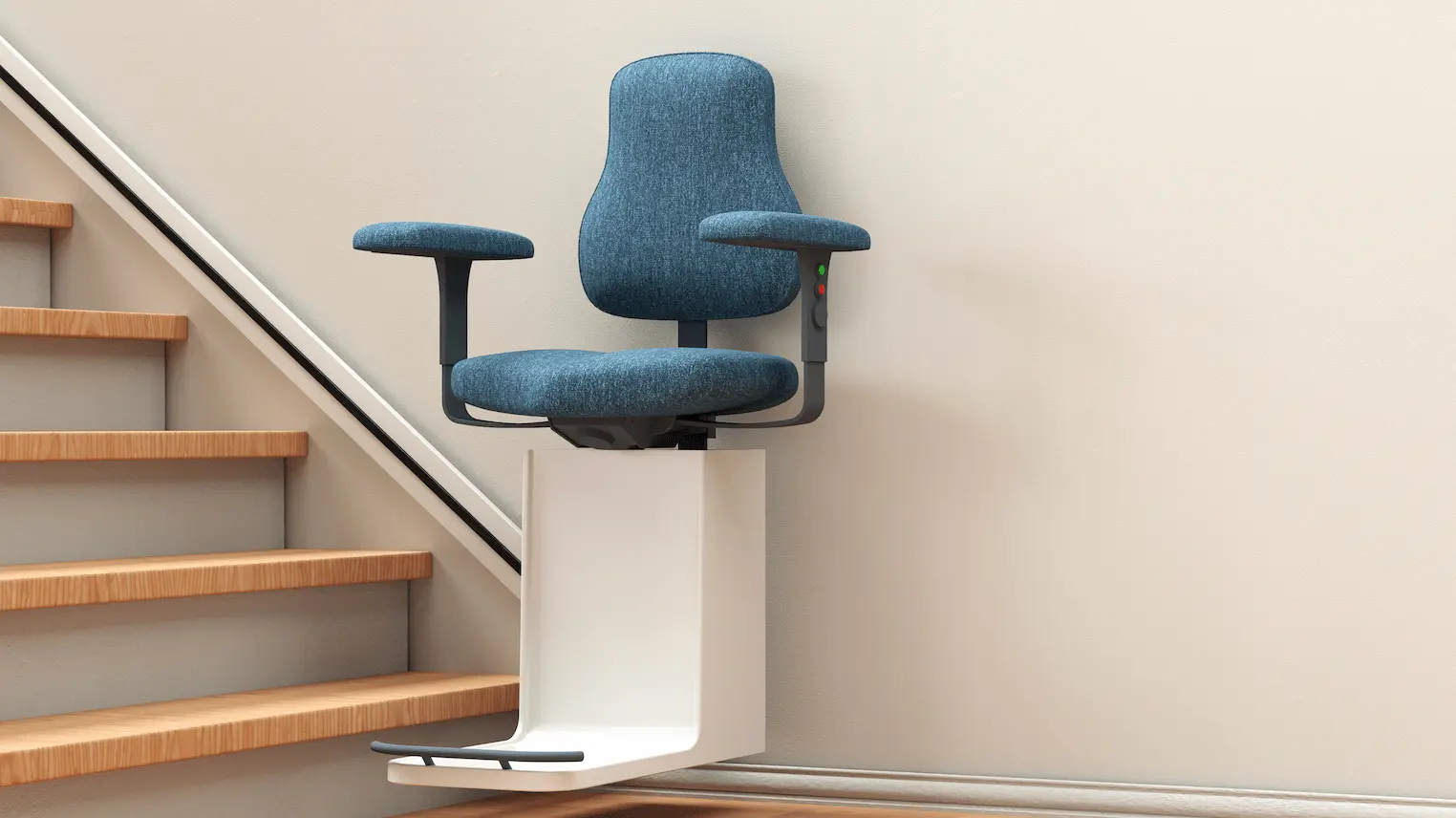
Landlord responsibilities to disabled tenants
05-08-2025 | Property Maintenance & InteriorsUnderstanding landlord responsibilities to disabled tenants is vital for preparing your property. The Department for Work and Pensions estimates that 24% of the United Kingdom’s population lives with a disability.
Landlords must comply with the Equality Act 2010 when renting to disabled tenants. They cannot discriminate against them and must be prepared to consider any reasonable adjustments to the property. This guide will highlight landlord responsibility for disabled tenants and show some examples of reasonable adjustments.
We’ll cover accessibility considerations, how to respond to requests for changes and best practices for fostering inclusive tenancies while protecting property interests. It’s worth remembering that other responsibilities still apply, as our guide to landlord responsibilities and duties article highlights.
What is the Equality Act 2010?
Under the Equality Act 2010, landlords must not unlawfully discriminate based on race, gender, gender reassignment, disability, sexuality, age, marital status or religion. Therefore, landlord responsibilities to disabled tenants include actively ensuring they have equal access to housing.
This includes considering and making ‘reasonable adjustments’ to remove anything hindering the disabled tenant and implementing anything that would help the tenant feel safe and comfortable.
What does ‘reasonable adjustment’ mean for landlords and disabled tenants?
Reasonable adjustment means making practical changes to the rental property or the entire tenancy process. In other words, landlords are not expected to make unaffordable or impractical changes.
Unfortunately, the term ‘reasonable’ is always open to interpretation and can differ from case to case, depending on the tenant’s disability. It can also depend on the property type you are renting out and its current layout. For example, older properties are more likely to be less accessible for disabled tenants than newer properties, which are more likely to have some considerations in their design.

What accessibility considerations must landlords make?
Landlord responsibilities to disabled tenants include considering accessibility. As explained above, some of the suggested considerations will depend on what is reasonable in your specific circumstances. The list below provides some accessibility considerations.
- Adding ramps and handrails
- Providing non-slip flooring/matting
- Lowering light switches and installing low-hanging light switch cords
- Moving sockets so they are accessible
- Lowering cupboards and sideboards, including the worktops in the kitchen
- Installing a stairlift
- Raised toilet seat and grab rails for support around the toilet and shower/bath facilities
- Alterations to taps and showerheads
- Making sure exits are clear and accessible
- Improving lighting
- Providing visual or hearing aids
These are examples of physical adaptations to the property. Landlord responsibilities to disabled tenants include making reasonable adjustments to the tenancy process. For example, increasing the size of the text on the tenancy agreement or reading it to them if the tenant is visually impaired. Landlords should also be open to the idea of making policy changes.
Who should pay for ‘reasonable adjustments’: landlord or tenant?
Paying for reasonable adjustments is a landlord’s responsibility for disabled tenants. Tenants sometimes offer to pay for the adjustment, but it is not a requirement. Any conversations around payment must be kept in writing in case you need to rely on them later during a dispute.

How should landlords respond to requests for changes?
The tenant may request specific adjustments. The landlord should also respond within a reasonable timeframe and act fairly. Being engaging from the first conversation with the tenant will make them feel more comfortable and help build a positive relationship.
Listening, offering support and being open to requests are key landlord responsibilities for disabled tenants. Landlords should follow the process highlighted below to fulfil their obligations.
- Listen and be open: Listening, offering support, and being open to requests are key landlord responsibilities for disabled tenants. To fulfil their obligations, landlords should follow the process highlighted below.
- Evaluate if it is reasonable: Consider the practicality and cost of the adjustment. Take some time to consider the request and work out what is possible.
- Communicate clearly: Keep talking to the tenant and clearly explain the outcome with reasons as to why their request has been accepted or denied.
- Document the process: All conversations should be recorded in a document in case you need to rely on them later as evidence. This could help prove you are complying with the Equality Act 2010, in accordance with landlord responsibilities to disabled tenants.
Can you refuse a request for an adjustment?
Yes, landlords have the right to refuse a request for adjustment. Whilst landlords are required to be considerate under the Equality Act 2010, they are not expected to make unaffordable and impractical changes. The reasoning behind the decision must be stated clearly and in writing.
Practical tips for fostering inclusive tenancies
Landlords should engage with tenants professionally and positively, mindful of the circumstances. This respectful approach will demonstrate a positive commitment to landlord responsibilities to disabled tenants.
If needed, reach out to experts. It can be pretty daunting for landlords, especially if they’re unfamiliar with the process. Experts and organisations, such as the Royal Institute of Blind People (RNIB) or Scope, are available to help guide you in making reasonable adjustments.
While following your landlord responsibilities to disabled tenants, don’t forget about your property and investment interests. Any adjustments made should not compromise the property’s structure. Sometimes, reversible modifications like temporary ramps can be a practical solution.
It’s also important to invest in landlord insurance to protect your property. We have the expertise to find the best landlord insurance deals that are suitable for your needs as a landlord. Contact us today at 01788 818 670 for a quote, and don’t forget to visit our resource centre for more information on how to be a successful landlord.
We won't be beaten on any like for like landlord insurance quote.
Get a quote